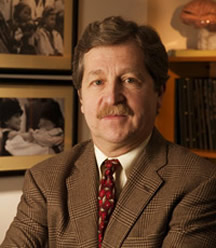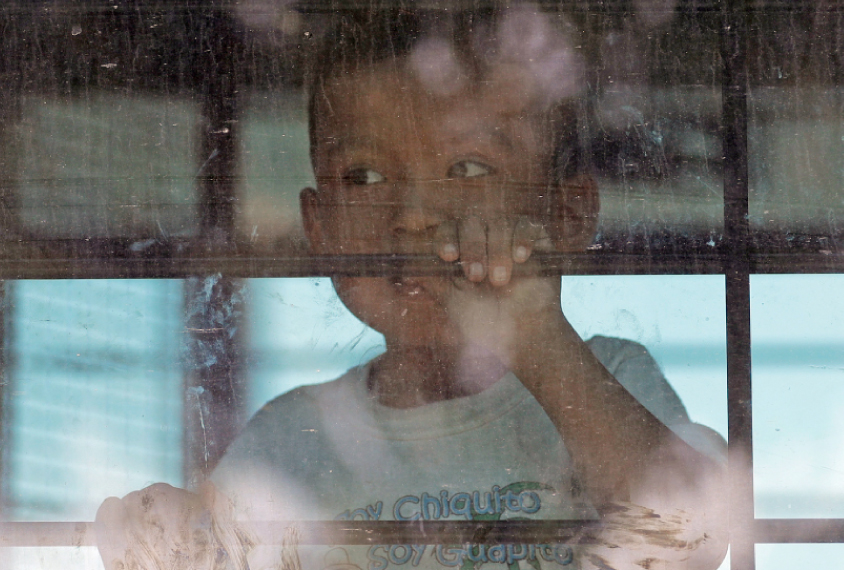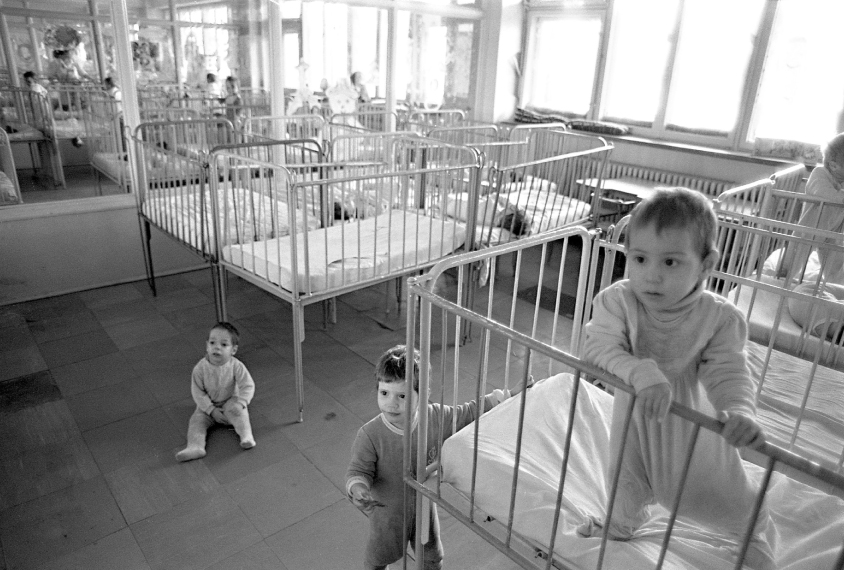Charles A. Nelson is professor of pediatrics and neuroscience at Harvard Medical School and director of research at Boston Children’s Hospital’s Developmental Medicine Center.

Charles A. Nelson
Research director
Boston Children's Hospital
From this contributor
How separating children from parents causes irreparable harm
Science teaches us that housing children in institution-like settings is likely to cause severe and permanent damage to their minds and bodies.

How separating children from parents causes irreparable harm
Romanian orphans reveal clues to origins of autism
Understanding autism features in children who were deprived of social contact as infants could offer clues to the condition.

Romanian orphans reveal clues to origins of autism
Explore more from The Transmitter
Two primate centers drop ‘primate’ from their name
The Washington and Tulane National Biomedical Research Centers—formerly called National Primate Research Centers—say they made the change to better reflect the breadth of research performed at the centers.

Two primate centers drop ‘primate’ from their name
The Washington and Tulane National Biomedical Research Centers—formerly called National Primate Research Centers—say they made the change to better reflect the breadth of research performed at the centers.
Post-infection immune conflict alters fetal development in some male mice
The immune-conflict between dam and fetus could help explain sex differences in neurodevelopmental conditions.

Post-infection immune conflict alters fetal development in some male mice
The immune-conflict between dam and fetus could help explain sex differences in neurodevelopmental conditions.
Three ecological psychologists on the right and wrong ways to use the field’s principles in neuroscience
Matthieu de Wit, Luis H. Favela and Vicente Raja weigh in on the recent trend of neuroscientists importing concepts from ecological psychology, the study of how an organism’s interactions with its environment explain perception and action.
Three ecological psychologists on the right and wrong ways to use the field’s principles in neuroscience
Matthieu de Wit, Luis H. Favela and Vicente Raja weigh in on the recent trend of neuroscientists importing concepts from ecological psychology, the study of how an organism’s interactions with its environment explain perception and action.